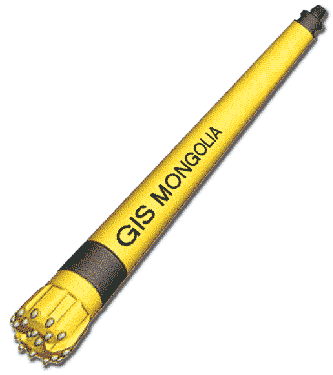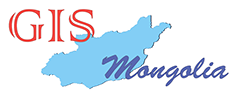
+976 9904-08-33 (Mongolia, Ulaanbaatar UTC+8) +7 (916) 445-30-00 (Russia, Moscow UTC+3)


MONGOLIA
(from Wikipedia, the free encyclopedia)
Mongolia /mɒŋˈɡoʊliə/ (About this sound listen) (Monggol Ulus in Mongolian; Монгол Улс in Mongolian Cyrillic) is a landlocked unitary sovereign state in East Asia. Its area is roughly equivalent with the historical territory of Outer Mongolia, and that term is sometimes used to refer to the current state. It is sandwiched between China to the south and Russia to the north. Mongolia does not share a border with Kazakhstan, although only 37 kilometres (23 mi) separates them.
At 1,564,116 square kilometres (603,909 sq mi), Mongolia is the 18th largest and the most sparsely populated fully sovereign country in the world, with a population of around 3 million people. It is also the world's second-largest landlocked country behind Kazakhstan and the largest landlocked country that does not border a closed sea. The country contains very little arable land, as much of its area is covered by grassy steppe, with mountains to the north and west and the Gobi Desert to the south. Ulaanbaatar, the capital and largest city, is home to about 45% of the country's population.
Approximately 30% of the population is nomadic or semi-nomadic; horse culture is still integral. The majority of its population are Buddhists. The non-religious population is the second largest group. Islam is the dominant religion among ethnic Kazakhs. The majority of the state's citizens are of Mongol ethnicity, although Kazakhs, Tuvans, and other minorities also live in the country, especially in the west. Mongolia joined the World Trade Organization in 1997 and seeks to expand its participation in regional economic and trade groups.[14]
The area of what is now Mongolia has been ruled by various nomadic empires, including the Xiongnu, the Xianbei, the Rouran, the Turkic Khaganate, and others. In 1206, Genghis Khan founded the Mongol Empire, which became the largest contiguous land empire in history. His grandson Kublai Khan conquered China to establish the Yuan dynasty. After the collapse of the Yuan, the Mongols retreated to Mongolia and resumed their earlier pattern of factional conflict, except during the era of Dayan Khan and Tumen Zasagt Khan.
In the 16th century, Tibetan Buddhism began to spread in Mongolia, being further led by the Manchu-founded Qing dynasty, which absorbed the country in the 17th century. By the early 1900s, almost one-third of the adult male population were Buddhist monks.[15][16] After the collapse of the Qing dynasty in 1911, Mongolia declared independence from the Qing dynasty, and in 1921 established de facto independence from the Republic of China. Shortly thereafter, the country came under the control of the Soviet Union, which had aided its independence from China. In 1924, the Mongolian People's Republic was declared as a Soviet satellite state.[17] After the anti-Communist revolutions of 1989, Mongolia conducted its own peaceful democratic revolution in early 1990. This led to a multi-party system, a new constitution of 1992, and transition to a market economy.
- exploration of deposits - drilling - JORC reserves calculation - feasibility study of conditions - preparation for production -
Mineral industry
Oyu Tolgoi employs 18,000 workers and expects to be producing 450,000 tonnes of copper a year by 2020[92]
Minerals represent more than 80% of Mongolia's exports, a proportion expected to eventually rise to 95%. About 3,000 mining licences have been issued.[86] Mining is continuing to rise as a major industry of Mongolia as evidenced by the number of Chinese, Russian and Canadian firms starting mining businesses in Mongolia.[14]
In 2009, the government negotiated an "investment agreement" with Rio Tinto and Ivanhoe Mines to develop the Oyu Tolgoi copper and gold deposit,[81] the biggest foreign-investment project in Mongolia, expected to account for one-third of Mongolia's GDP by 2020.[86] In March 2011, six big mining companies prepared to bid for the Tavan Tolgoi area, the world's largest untapped coal deposit. According to Erdenes MGL, the government body in-charge of Tavan Tolgoi, ArcelorMittal, Vale, Xstrata, U.S. coal miner Peabody, a consortium of Chinese energy firm Shenhua and Japan's Mitsui & Co, and a separate consortium of Japanese, South Korean and Russian firms are the preferred bidders.